Essential Elements of Estate Planning
When you hear the words “estate planning” your mind probably goes immediately to will-writing. And that’s not an incorrect assumption, your will is one of the main components of your estate plan and a central focus of this important legal document. However, there is more involved in estate planning that just writing down a list of how your assets get distributed after your death. There are several other elements that go into a good estate plan and you’ll want to include all of them to have a fully comprehensive document that describes your wishes for your wealth and your care in the event of a worst-case scenario.
Wills or Trusts
Yes, you certainly already know about these but you might be unsure about what you actually need. Aren’t trusts only for wealthy people? What if you don’t have many assets to disburse? Your estate planning attorney will help you work through everything that you want to bequeath to your beneficiaries and help you make sure you have the right documentation set up to accomplish your specific goals. The legal standards must be followed closely in order for everything to hold up in probate.
Durable Power of Attorney
In the event that you are unable to make your own decisions or act for yourself, you will need someone you trust to carry out your wishes. Your estate plan should designate someone to handle your affairs in the manner you would have yourself, so make sure you choose someone you trust to act in your best interest.
Beneficiaries
Some of your assets and possessions don’t need to be designated in order for them to pass to your heirs after you’re gone. If, however, you want certain things to go to certain people, it’s important that you designate them as beneficiaries or contingent beneficiaries if the case may be.
Letter of Intent
This is a letter you will write to your executor or beneficiaries with your wishes for how your estate is to be handled or your funeral arrangements. Any of your last wishes for things to be handled after your death should be included in this letter.
Healthcare Power of Attorney
While similar to your durable power of attorney, this is a designation for someone to be able to make important decisions about your healthcare when you are incapacitated. You can specify how you would like your healthcare to be handled in the event you are unable to make decisions for yourself but this should be someone you trust to make the best decisions for your care.
Guardianship Designations
If you have children or wards who will need care after you are gone, you will want to carefully chose who you trust to leave them in the care of. Without specific instructions, the courts can make the choice of where they will go, even sometimes turning them over to the care of the state.
You will is just the beginning. You need to consider all of these facets of estate planning in order to feel secure that your wishes will be handled exactly as you want. But don’t try to navigate all of this on your own. Turn to a trusted estate lawyer who can guide you through the murky waters of estate planning. Bob Nelson has over 40 years of experience in estate planning and is ready to help make sure that your wishes are followed. Contact him to get started planning today.

